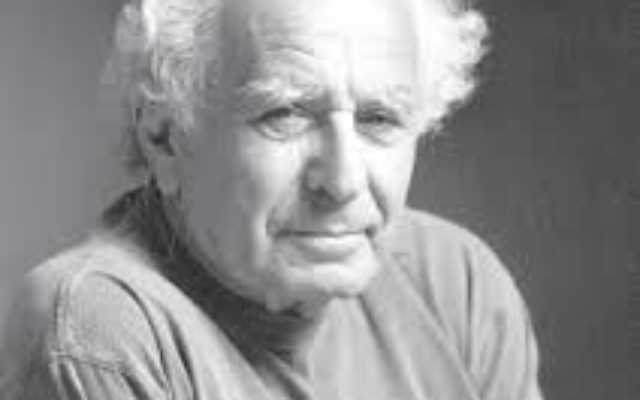Tu B’Shevat: A Dream of Israel
By Eugen Schoenfeld
Shevat has come early this year. Back in the shtetl we referred to the month as ne brat, not a brother, because the cold temperatures made any outdoor activities uncomfortable.
But when the 15th day of the month arrived, we became a little more cheerful. Most years, Purim was only four weeks off, and spring was not far away.
Tu B’Shevat chag l’ailanot: The 15th of Shevat is a holiday of the trees, the Jewish Arbor Day, the new year of the trees. Even though this holiday is mentioned in the Talmud, it was not observed by the Chassidic community in Munkacs, my hometown.
Perhaps because this holiday was usurped by the Zionists, it was discarded by the Chassidim, who were against our dreams for a national home. To us, the Zionists, however, it was an important day. It was a day to support the aims of Keren Kayemeth LeIsrael (KKL), the Jewish National Fund, and was devoted to the planting of trees in Israel.
In our home we had two pushkes, the boxes in which we collected money for good causes. For my mother, whose father was an ardent follower of the Vizhnitzer Rebbe, the favorite charity was the organization representing Rabbi Meir, the miracle maker rabbi. Every Friday before candle lighting my mother would drop the coins into the yellow pushke and stand before it with her eyes closed, beseeching G-d. She would call on the Master of the Universe, cite all the problems for which she was seeking help and ask Rabbi Meir to intercede on her behalf.
The other pushke was blue and white with a map of Israel on the front. It was a collection box for the KKL, the fund that helped many of the chalutzim (Jewish pioneers) to establish kibbutzim.
For almost two millennia Jews were not allowed to own land, and hence farming was not a trade common to Jews. The KKL not only bought land and helped to establish various kibbutzim, but it also formed hachsharot. These were agricultural schools where future members of the kibbutzim living in European countries were taught farming.
This fund was also used to reforest Israel, a land denuded of trees and forests. I often looked at the pictures of new forests and the names of famous people for whom the forests were named.
It was the KKL that bought the Hulah region, a mosquito-infested swamp that was drained by the chalutzim, many of whom died from malaria. This land became Israel’s fertile farmland.
To me, the 15th day of Shevat was the celebration of Israel’s agriculture and its farmers.
We celebrated this day by eating fruits, part of the seven species of fruits and grains that represent Israel.
My Uncle Nathan, who was not only a Zionist, but also the most traveled one in the family and considered himself to be the most sophisticated and avant garde member of the family (he even had a vacation on the Black Sea), was designated as the purchaser of the fruits, which today are easily acquired in any supermarket but in my youth were exotic delicacies.
The fruit that most represented modern Israel was the Jaffa orange, to which we added grapes, olives, dates and figs. By tradition Uncle Nathan also purchased “boxer,” a long, brown, dried fruit filled with seeds, and for added pleasure a coconut.
With a sense of the importance of the event, Uncle Nathan began the celebration by cracking the coconut, giving the assembled family a sip of the fluid and a piece of the fruit, followed by a few segments of orange and the other fruits.
To me, a young Zionist, these were the symbols of my dream of Israel. In a way I am sorry I no longer have the same sense of anticipation of something exotic.
The fruits were symbolic of our yearning for a land and brought the annual hope for a miracle: a Jewish national renaissance. Perhaps as an old man I am indulging in nostalgia for the youthful anticipation of the future. I am filled with envy of the young and somewhat agree with George Bernard Shaw: Youth is a wonderful thing; it is a shame to be wasted on the young.





comments